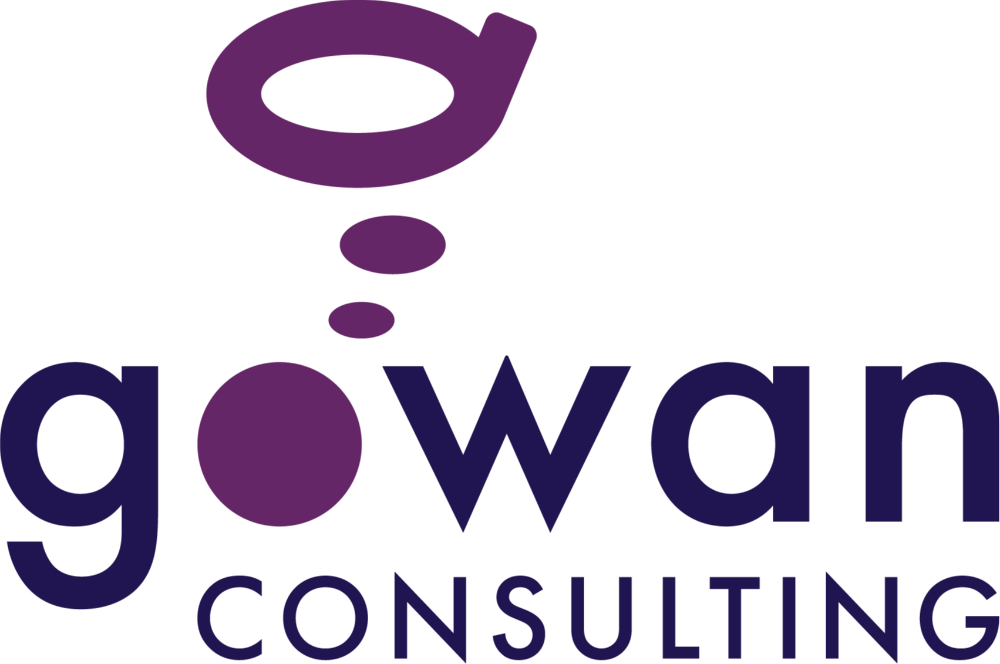Why Your Workplace Needs a Cognitive Demands Analysis
Jul 24, 2025
Workplaces are seeing an increase in employees with cognitive challenges due to a variety of factors. An aging workforce, an increase in chronic and mental health conditions, the prevalence of learning disabilities, and brain injuries contribute to the growing trend. Over the years, we’ve also seen an increase in occupations requiring non-routine, cognitive tasks. Technology and AI integrations have made entry-level and customer service roles more complex, demanding higher problem-solving skills and output expectations.
Understanding workplace cognitive demands is crucial for employers to ensure that employees have the ability to meet job requirements. Cognitive challenges are often described as “invisible,” which can make it difficult to notice and understand employee performance difficulties or determine workplace accommodations.
In this changing workforce, Cognitive Demands Analysis (CDA) is a vital tool for addressing these challenges and ensuring employees can stay at work and return to work.
What is a Cognitive Demands Analysis?
A Cognitive Demands Analysis (CDA) is an assessment of a specific job role to identify the essential duties and cognitive demands of a particular job. A comprehensive CDA can provide an employer with a relatively clear picture of the mental or cognitive effort required of a particular position, as well as any existing stressors that can give rise to mental stress and impact mental or cognitive performance in the workplace.
Some of the functions a CDA focuses on include:
- Sustained attention and focus
- Memory and recall
- Problem-solving and decision-making
- Task-switching and flexibility
- Emotional regulation and interpersonal communication
What does the assessment process involve?
Typically, the process includes:
- Reviewing documentation (job descriptions, tasks lists, performance expectations)
- Interviewing the employee, supervisor, and relevant team members to clarify expectations and challenges
- Identifying and observing the key job tasks and work environment
- Analyzing and outlining the cognitive demands in a report, providing actionable recommendations to support employees in the role
By mapping these requirements and documenting the process, employers gain a clear, objective view of the cognitive skills needed in a certain role.
Why Is This Important for Employers?
With knowledge of exactly what a position entails, you can prevent injury and respond to existing challenges within the workplace. Here are ways you can use your CDA findings:
- Design sustainable job roles. Identifying high-demand tasks and simplifying workflows can prevent burnout and cognitive workload for workers in certain positions. This can be achieved by contributing to the job description for hiring, clarifying job roles for organizational planning, and supporting consistency and standardization for job roles across an organization. This can also help with matching people to the right roles.
- Facilitate accommodation and return to work. A CDA can help employers create individualized return-to-work and stay-at-work plans for employees with medical conditions, injuries, and disabilities.
- Support employee mental health. Understanding hidden sources of stress and cognitive demands helps employers proactively address challenges. CDA findings can guide strategies to reduce mental fatigue from cognitive load as well as promote psychological safety and reduce stigma around mental health.
- Meet legal and organizational obligations. Employers have a duty to accommodate disabilities and ensure safe, inclusive workplaces. A CDA provides objective, professional documentation that supports compliance with human rights legislation and demonstrates due diligence in disability management.
Real-World Examples of Cognitive Demands
Cognitive demands can vary widely across roles and industries. Here are some examples of the types of cognitive requirements employers might uncover through a Cognitive Demands Analysis.
Office Worker
Imagine an office worker responsible for both attending team meetings and handling client calls, while also taking notes and preparing detailed financial spreadsheets. The cognitive load of switching tasks, remembering key details from previous conversations, and staying focused on high-accuracy work could become overwhelming for someone with cognitive limitations. A CDA can help clarify these job demands and guide accommodation strategies like task scheduling, note-taking supports, or memory aids.
Manufacturing Employee
Consider a manufacturing employee who needs to troubleshoot a sudden issue that slows the production line. They must quickly identify the source of the problem, decide whether to escalate it, and act fast to meet a deadline. In high-pressure moments like these, attention, decision-making, and problem-solving are all in play. With a CDA-informed approach, job expectations can be aligned with an employee’s current abilities or adjusted to support pacing and communication.
Customer Service Representative
A customer service representative handles dozens of client interactions per day. They’re expected to follow scripts, adapt communication styles on the fly, educate customers with varying needs, and deal with unpredictable changes—like conflict, coverage gaps, or shifting call volumes. When interactions don’t go as planned, the cognitive demands rise even further. A CDA can highlight areas where employees may benefit from flexibility, coaching, or workflow adjustments to manage cognitive load and reduce stress.
What Can Employers Do to Support Cognitive Demands in the Workplace?
- Identify when cognitive demands may be too high for employees by paying attention to workload patterns and proactively offering support before challenges escalate.
- Provide a flexible work environment through regular check-ins and adjustments that match workload fluctuations. For example, build in lower-demand days after peak periods or encourage more micro-breaks during high-focus tasks.
- Engage occupational health and rehabilitation professionals (e.g., Occupational Therapists, psychologists, physicians) to assess job roles, recommend cognitive accommodations, and integrate Cognitive Demands Analysis into return-to-work planning.
- Collaborate with all stakeholders including disability management teams, HR, managers, and the employee to ensure solutions are practical, effective, and supported at all levels.
- Track the effectiveness of accommodations by monitoring outcomes and making adjustments as employee needs or job demands evolve.
- Support long-term recovery and success through ongoing communication, continuous feedback, and a commitment to creating a psychologically safe work environment.
How Can Gowan Consulting Help?
Our team of experienced Occupational Therapists specializes in assessing workplace demands and helping organizations design sustainable, inclusive roles. We can conduct a Cognitive Demands Analysis in your organization or train your team of healthcare and disability professionals with our Cognitive Demands Analysis Training program.
If you’re considering how CDAs can fit into your accommodation, return-to-work, or workplace design strategies, contact us to get started.

